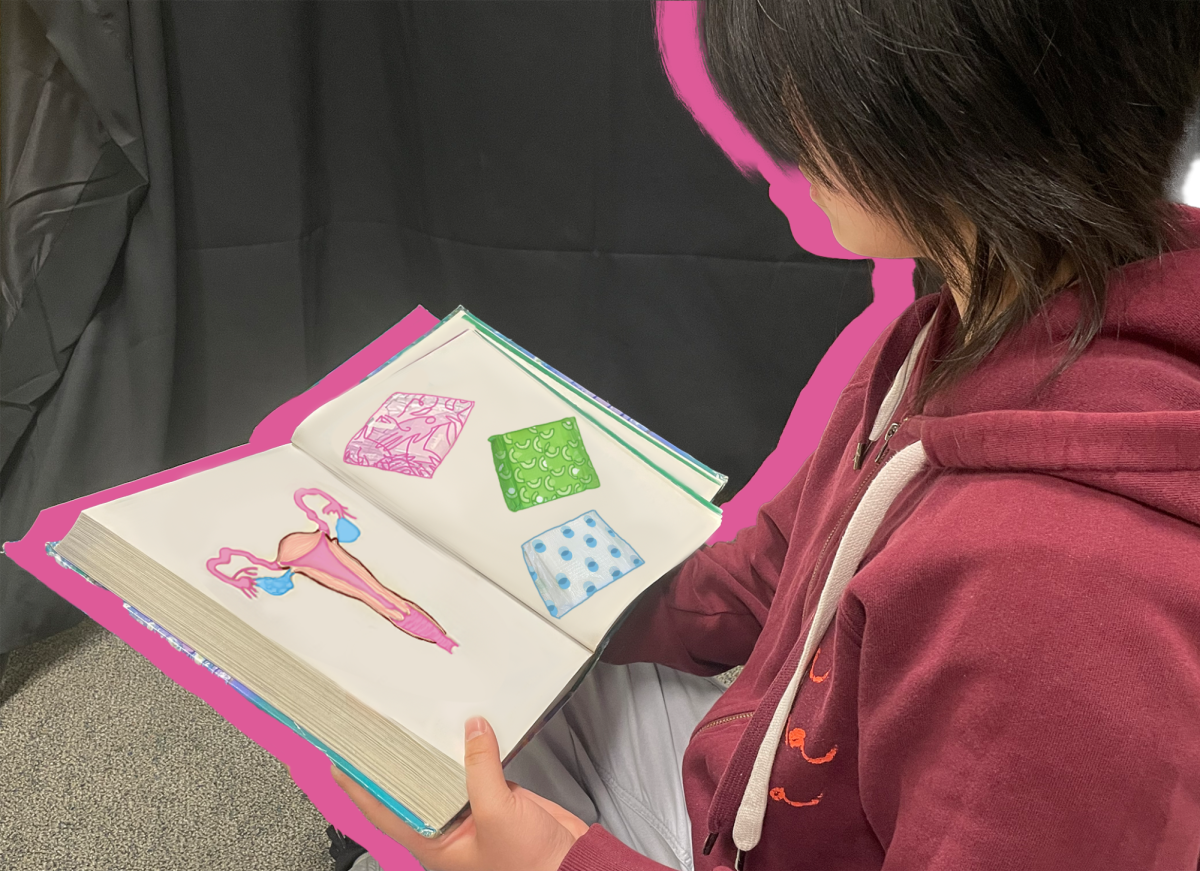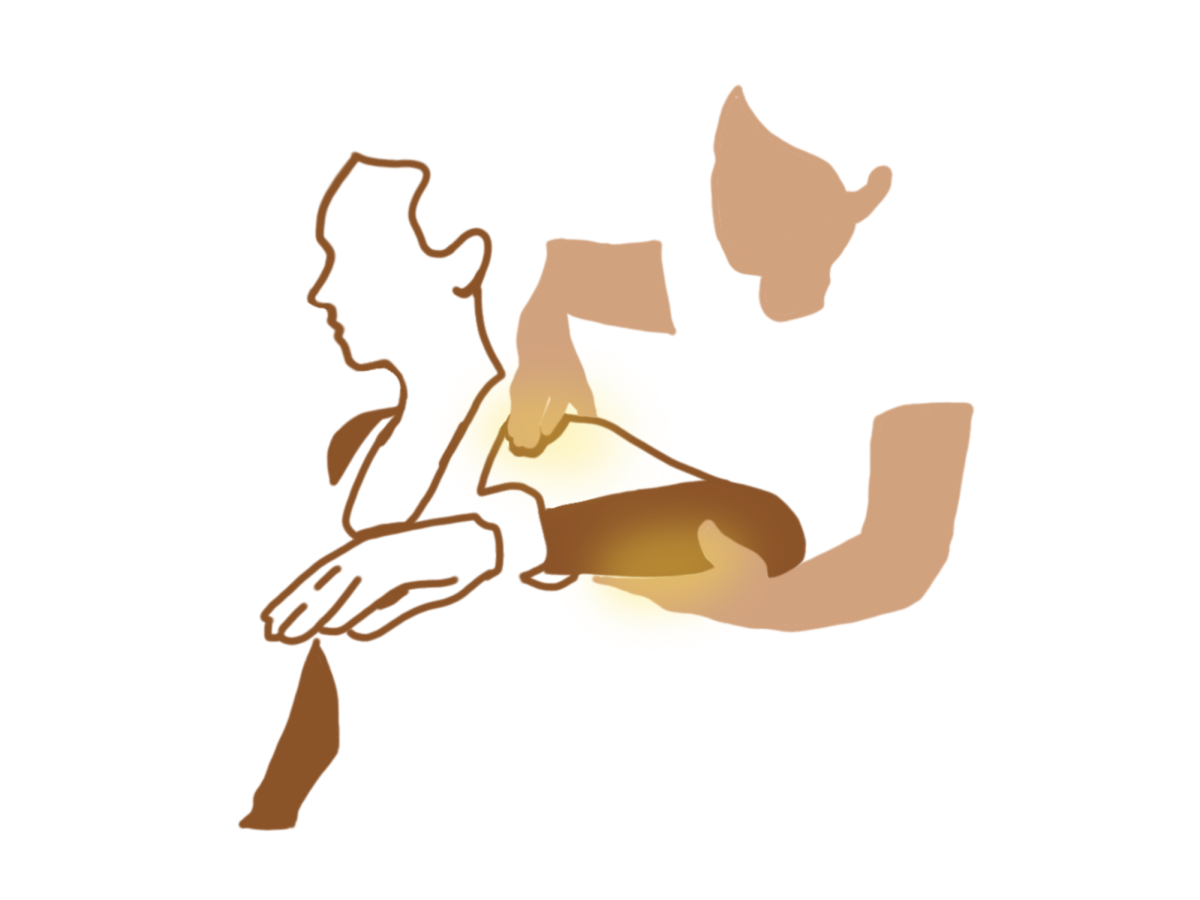[dropcap1]D[/dropcap1]uring the 1950s, Solomon Asch, a professor of Sociology at Swarthmore College, organized some of the earliest data on humanity’s habit to conform. In his most famous experiment, Asch used a group of 5 people, four of whom were actors, and a single individual who was the actual participant. Asch then showed a group of three lines, and asked the participants to select the line of the longest length.
Every test, the four actors would all select the same line, which was not the shortest. Despite any risk, the single participant selected the wrong answer along with the group close to 40 percent of the time, effectively illustrating a striking human willingness to conform.
As high school students, we are often faced faced with our own set of three lines. We are told that by following the tried and true formula of scoring well on standardized tests and earning good grades, we will achieve something great. We are told that that by following a checklist given by a college counselor, we will be accepted into the school of our choice. We are told that by picking a practical major, we can find ourselves a high paying job. But how often do these options reflect our own desires, and can they really guarantee us a life of happiness and meaning?
In our pursuit of the easiest and quickest way to achieve “success” we are hurting ourselves. And our formulaic approach to academic achievement is only a component of a much greater problem.
We have become obsessed with spending our time more efficiently, and we are paranoid about ever wasting or misusing it. It is the reason why we gravitate to the most efficient computers and the quickest fixes to our daily problems. It is why reviews, a simple filter for quality, have come to dominate our everyday decision-making process.
[quote_right]In our pursuit of the easiest and quickest way to achieve “success” we are hurting ourselves. [/quote_right]
And while we may think that these reviews have an insignificant impact on what we are doing in our day to-day life, the effects on our buying habits are astounding – only 3 percent of MVHS students ignore product ratings when purchasing an item online.
Even though the occasional reliance on reviews is not harmful, our dependence on filtered information is. Even with the variety of reviews available on the internet, we are often drawn to aggregated data — the star rating on a Yelp restaurant, rather than the reviews which make up the rating.
Unfortunately, when we determine our purchases based on star rating, we fail to take into account the individual parts which make up a review. Rather than knowing whether the service at a restaurant is slow, or the bathrooms revolting, we only are given a rigid and relative evaluation of quality. By following just this evaluation, we unknowingly adhere to public opinion, rather than considering an individual’s opinion. In essence, we conform to what society believes is best.
This willingness to suppress our individual opinion in favor of those of a group is called social mimicry. Shankar Vedantam, author of The Hidden Brain, explains that social mimicry has profound effect on our actions, from determining how much to tip a waiter at a restaurant, to affecting the tendency to cheat and steal.
It should be clear that the opinions of those around us have a profound effect on our decision making. In a world that is constantly telling us what the best course of conduct is, it is undeniably difficult to break from the mold.
However, if we take the time to experience both the good and bad in the world around us, we actually enhance our ability to find activities we enjoy. Although going out to a subpar meal or a mediocre movie is often viewed as a waste of time, we should still actively seek out new experiences. Junior Samantha Shieh was only able to discover what books she enjoyed through a profound amount of experimentation. However, more than just finding what she enjoyed, Shieh was able to see a tremendous amount of both good and mediocre writing, allowing her to evaluate life with a unique perspective. Even more importantly, exposure to new ideas and beliefs allows us to become well-rounded people, able to adapt to the ever-changing world around us.
Despite all the obstacles that our review-based culture poses, there are solutions. Most importantly we must depart from our objective-based mindset. Viewing life as a series of steps in a formula is a dangerous and narrow-minded way to live life. In order to think freely once again, we have to stop worrying so much about objectives and goals and focus on experiencing life as a journey. In order to experience all the good that the world has to offer, we may need to slug through our fair share of mediocrity, but we will experience so much more in forging our own path than filling in the footprints of those who preceded us.




















